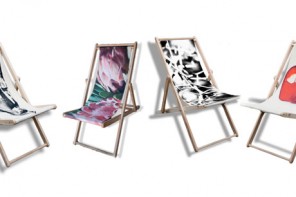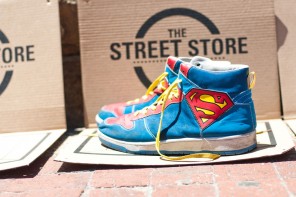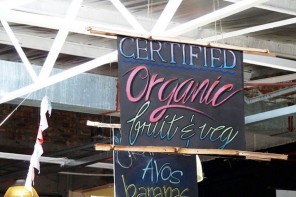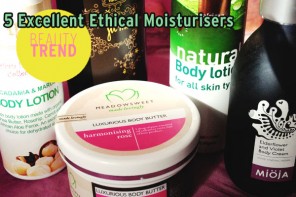Written by: Nicole Canning
After recently reading an article entitled “Are Babies Eco-friendly?” I was relieved to see that it had appeared in The Linc, a website put together by students of the University of Lincoln in the UK. Surely it was just a crazy notion held by an 18-year-old eco-fundamentalist that making the choice to not have children is the most environmentally-friendly decision one can take?
However, by reading on, and extending my research further afield, I realised that this issue is not just a passing fad embraced by youngsters who, like all those who’ve gone before them, are fuelled by idealistic passions of single-handedly saving the plant. No. Apparently, in this green age, queuing up for sterilization to reduce your carbon footprint is as normal as re-using your plastic bags.
A selfless act?
The article quotes Laura, 26, as admitting that the natural desire to have children is extremely strong, but that she feels that the bigger issue of protecting the environment is more important. “At the end of the day, who’s more selfish, someone who’s giving in to their natural urges, wanting to have a baby so you’ve got someone to love you and look after you when you’re old, or me, who’s sacrificing all that, for the good of the earth and mankind?”
In “Meet the women who won´t have babies – because they´re not eco-friendly” (UK Guardian, November 2007), Toni Vernelli, 35, agrees. “Having children is selfish. It’s all about maintaining your genetic line at the expense of the planet.” Vernelli, who was sterilized at the age of 27 (and given a ‘congratulations’ card on the morning of the surgery by husband Ed) has maintained this stance since her teens, when her passion for the environment and the welfare of animals began to gain its momentum. It’s an extreme stance which one might imagine is born from an unhappy childhood or an upbringing among parents who share similar, strong beliefs. But nothing in Toni’s safe, middle-class upbringing gave any clues as to the views which would shape her adult life. The eldest of three daughters, she enjoyed a loving, close-knit family life.
Likewise, Sarah Irving could have grown up like most young girls, dreaming of marriage and babies. But Sarah dreamed of helping the environment, and as she agonised over the perils of climate change, the loss of animal species and destruction of wilderness, she came to the extraordinary decision to never have a child. “I realised then that a baby would pollute the planet – and that never having a child was the most environmentally friendly thing I could do”, Irving is quoted as saying. Her husband Mark is on exactly the same page: “Sarah and I don’t need children to feel complete. What makes us happy is knowing that we are doing our bit to save our precious planet.”
A real issue
There’s no doubt that every person who is born uses more food, more water, more land, more fossil fuels, more trees and produces more rubbish, more pollution, more greenhouse gases and adds to the problem of over-population.
Natalie Wassung, a Masters student at Stellenbosch´s Sustainability Institute, explains: “The earth has a fixed land area, and a fixed amount of water. So as global population grows, the amount of land, food and water available per person declines. These natural limits mean the earth can only sustain a certain number of people in the world, even with the efficiencies of modern technology, and the equitable distribution of resources.”
Organisations like the Voluntary Human Extinction Movement (VHEMT) and the Optimum Population Trust (OPT) exist with the aim of raising awareness on these very issues. Using the UK as an example, where the population currently stands at 61 million, it is believed that a population of only 30 million is sustainable in the long term. Globally, the current population stands at nearly seven billion people and, in terms of food, water and fuel for long-term survival, this figure needs to be significantly reduced.
What’s the answer?
Does it lie in making a choice between having babies or saving the earth? But what then of the notion that children are a gift from God, a real blessing? “I don’t believe that having children is not eco-friendly,” Wassung comments. “Though it´s true that we´ve not taken care of creation seriously, we are still a valuable part of it – and earth is our only home. Our children are our hope for the future.”
She feels that it would be wise to encourage families of not more than two (biological) children – those wanting a larger family could open their hearts and homes to kids through adoption. In this way the population would eventually stabilise, and there would be sufficient resources for everyone.
As environmentally-conscious parents, perhaps the best we can do is to do our bit to “green our babies” by using cloth nappies, biodegradable toys and organic products (visit earth babies for some great green baby buys). Most importantly, we can take responsibility to instil in our children values of respect for the world around them, so that they grow into adults that live in harmony with their environment.
What do you think? Is agreeing to not have children a noble undertaking for the sake of the planet or a crazy notion founded in eco-fundamentalism? We’d love to hear your views!
The liveeco team





